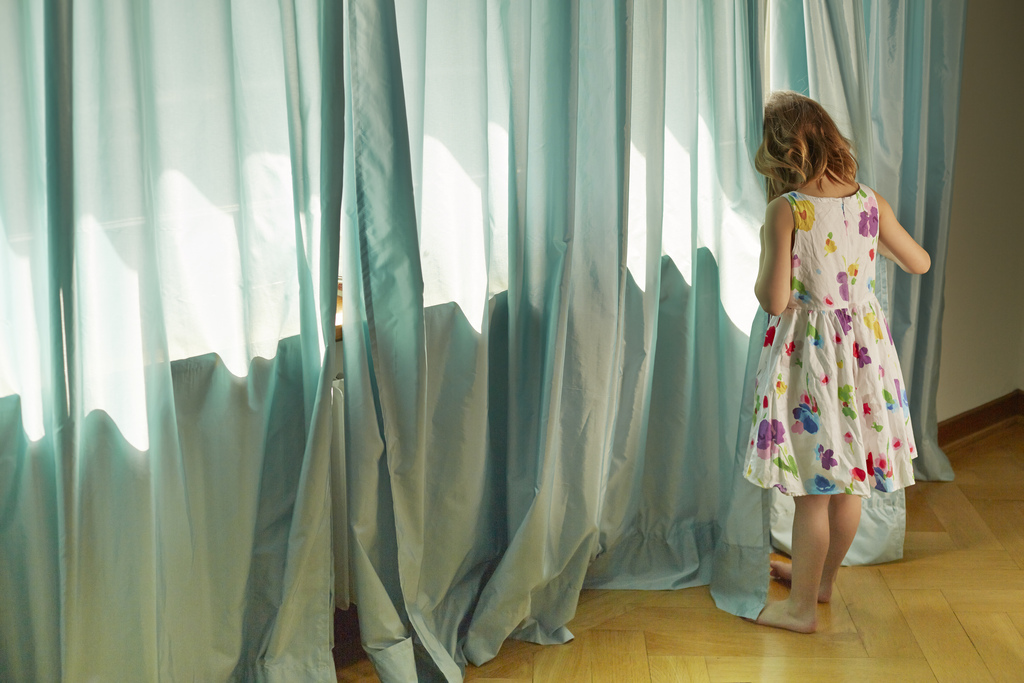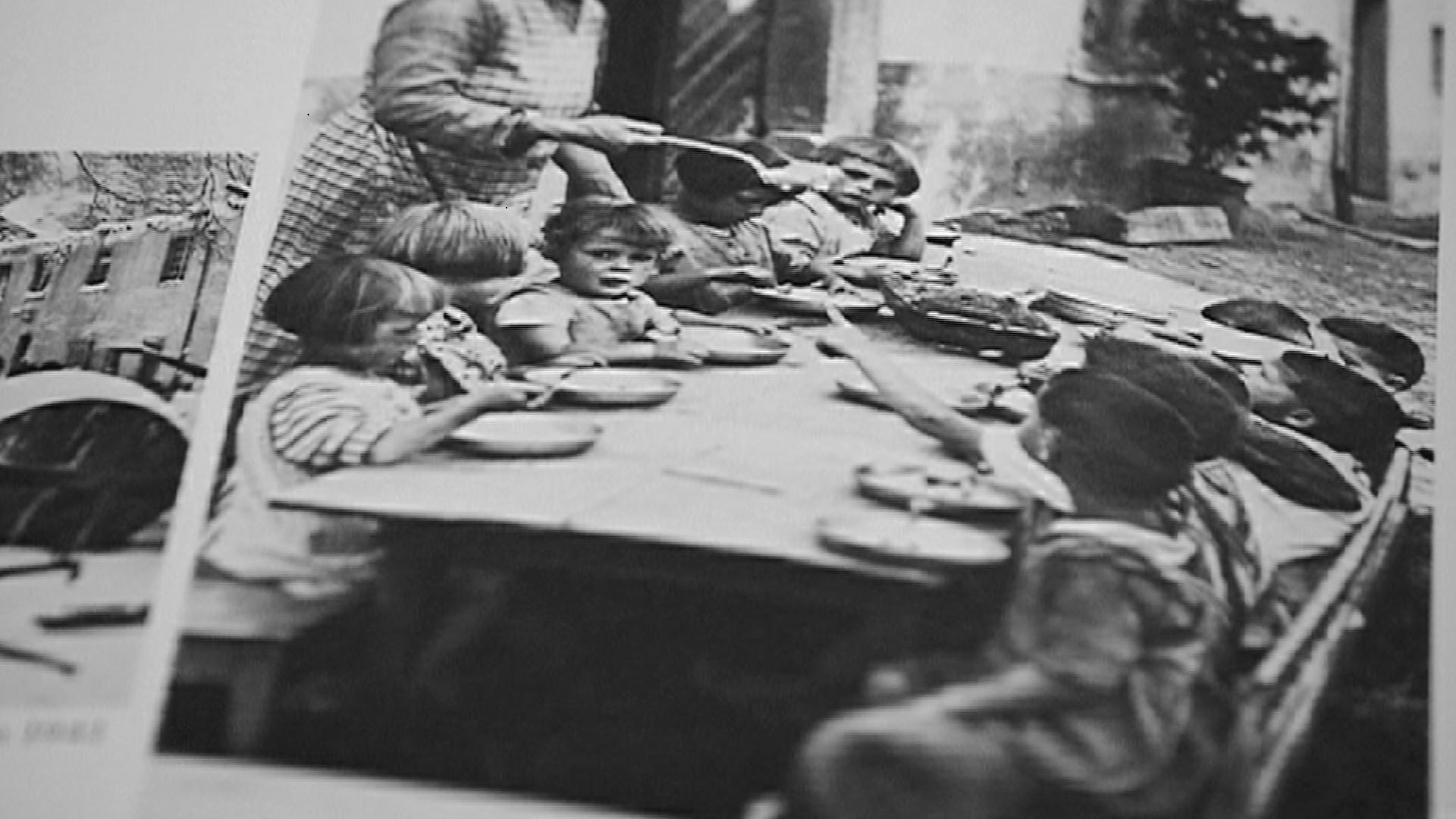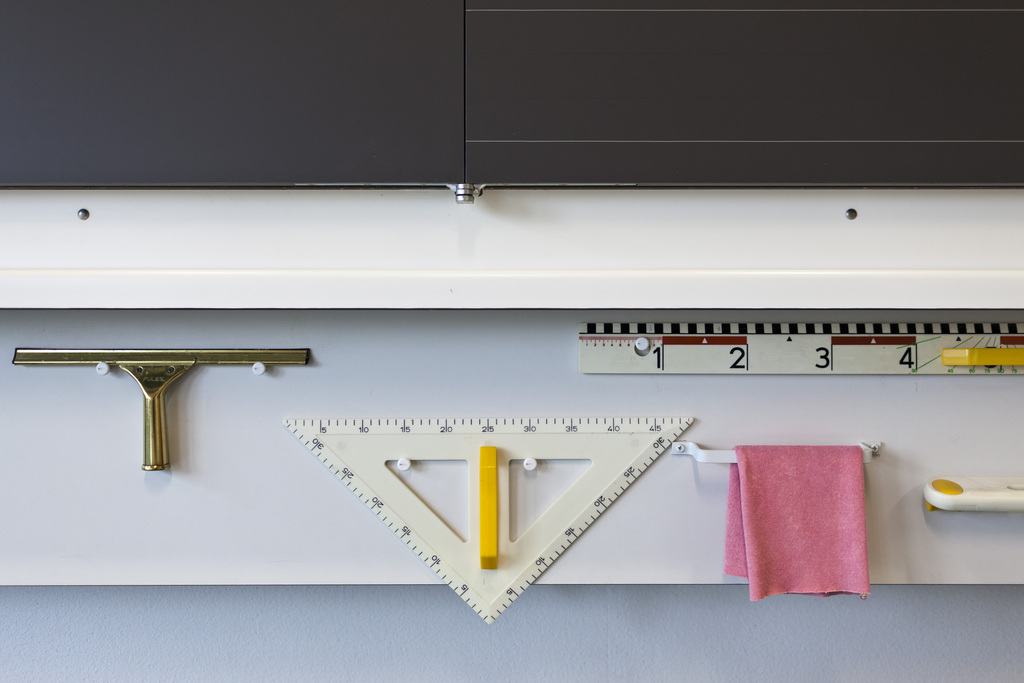More child abuse cases treated in hospitals

Swiss paediatric clinics treated 13% more cases of children showing signs of abuse last year, with very young children being the most affected. There were three deaths, and most perpetrators were found to be family members.
Hospitals registered 1,292 cases of suspected or confirmed abuse in 2013, the Child Protection section of the Swiss Society of Paediatrics said in a statement made public on Friday, with almost all middle-sized and large children’s clinics contributing to the statistics.
“This is the highest number of cases in five years [of publishing statistics],” a statement said.
Markus Wopmann, chief physician at the children and adolescents’ clinic at the cantonal hospital in Baden, and head of the group, said it was difficult to know exactly why cases were on the rise.
“We suppose that it’s rather a higher rate of awareness among people, its starts with neighbours, its starts with schools, they are more aware of the problem, they call us, they ask us what to do,” he told swissinfo.ch.
Cases are also being better recorded, but the group added that a real increase in incidents could not be totally ruled out.
Lack of data makes it impossible to compare the number of incidents with other countries, but Wopmann estimates the rate of abuse in Switzerland is comparable to that in other European countries.
Young victims
In all, 27.2% of the children were physically abused . Sexual abuse accounted for 21.7% of cases, with Munchausen syndrome by proxy – where a carer forces unnecessary medical care on a child – at 1.1%. Neglect and psychological abuse each tallied 25%.
Sexual abuse affected mostly girls (76%), but the sexes were fairly equally represented in other forms of abuse.
One in four of the children involved in physical abuse were under two years old and in neglect cases, this rose to half. Three children died last year as a result of mistreatment.
“They were all younger than one year old. Very young children are at the highest risk of severe maltreatment. This is well known worldwide. They were all maltreated physically,” said Wopmann.
He finds that statistic particularly sad because just two years ago, there were no deaths of abuse victims in children’s hospitals.
Perpetrators of abuse overwhelmingly came from the victims’ families, at 78%, with around 14% coming from the child’s circle of contacts. But there were fewer family members involved in sexual abuse (42%) and in most cases the abuse was perpetrated by men.
Prevention
Wopmann explained that nearly all children’s hospitals in Switzerland had a specialised team consisting of a paediatrician, child psychiatrist, specialised nurse and social worker which deals with abuse cases.
In one out of four cases, these groups reported abuse to the responsible authorities, with 6% resulting in a criminal complaint.
Wopmann’s group also does prevention work in schools.
“I’m sure that child maltreatment will not disappear,” he said. “But we he have to try to focus on awareness, and on the fact that people should respect children and the rights of children – a situation which is already better than it was ten to 20 years ago.”

In compliance with the JTI standards
More: SWI swissinfo.ch certified by the Journalism Trust Initiative


You can find an overview of ongoing debates with our journalists here. Please join us!
If you want to start a conversation about a topic raised in this article or want to report factual errors, email us at english@swissinfo.ch.